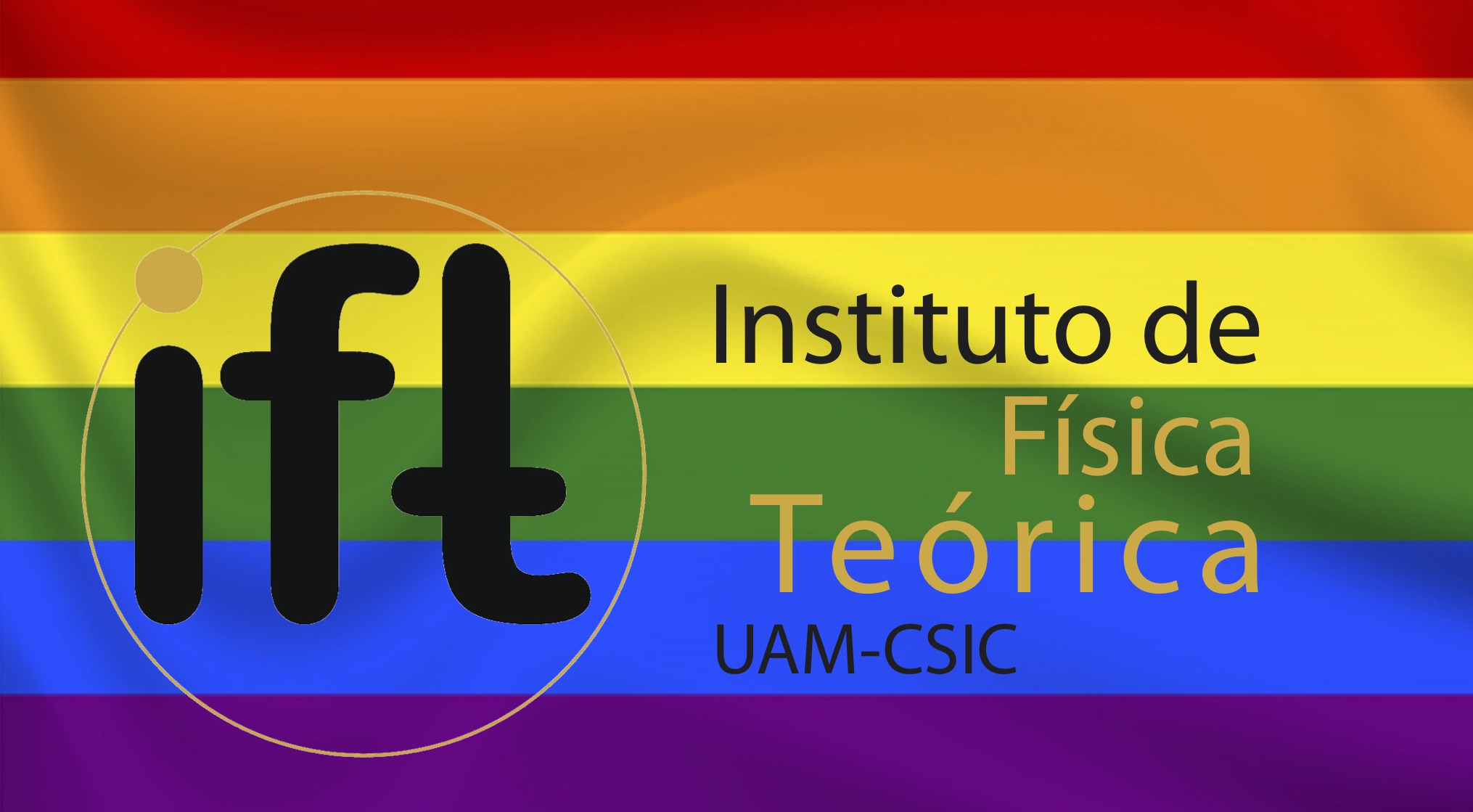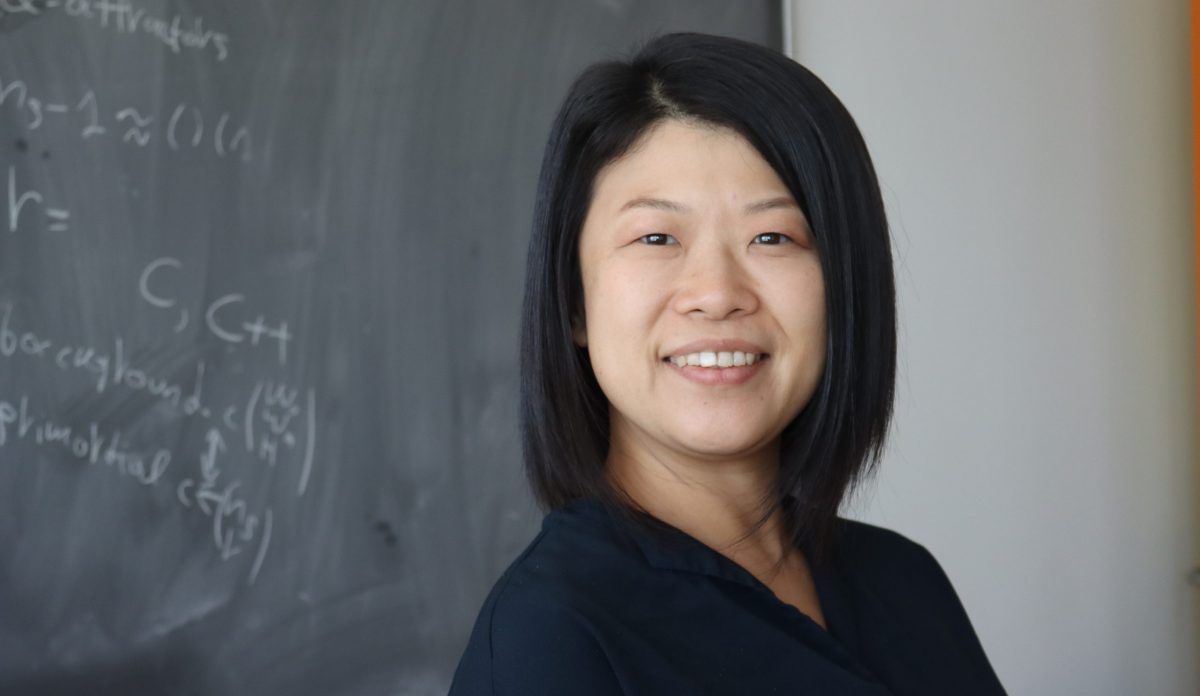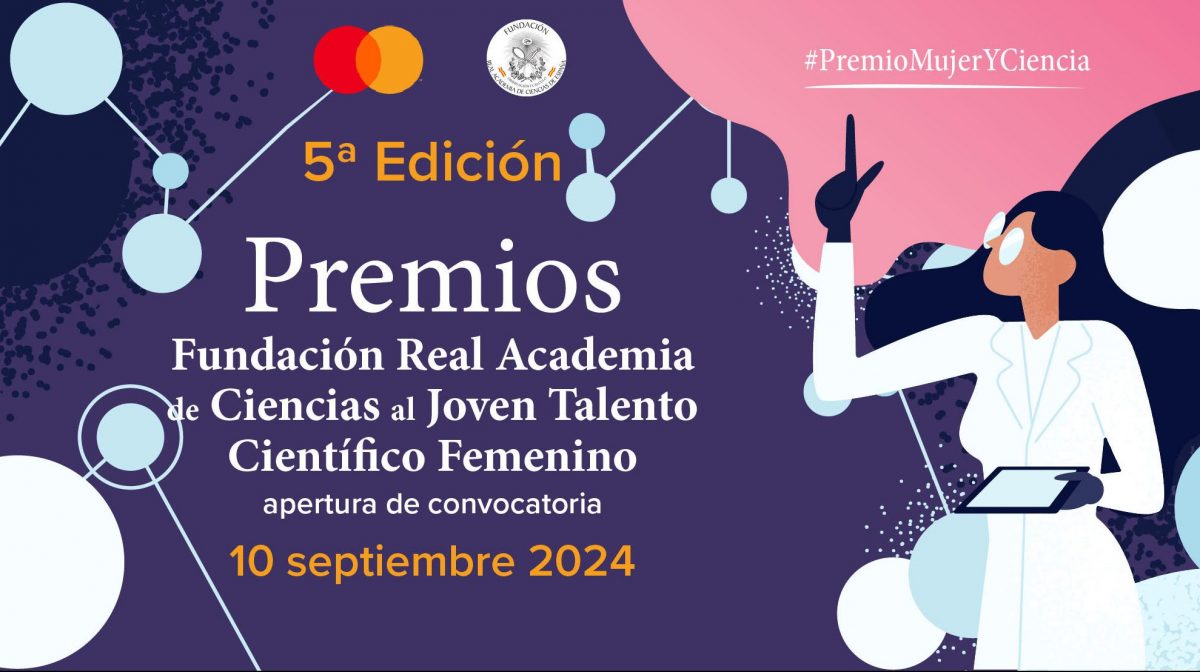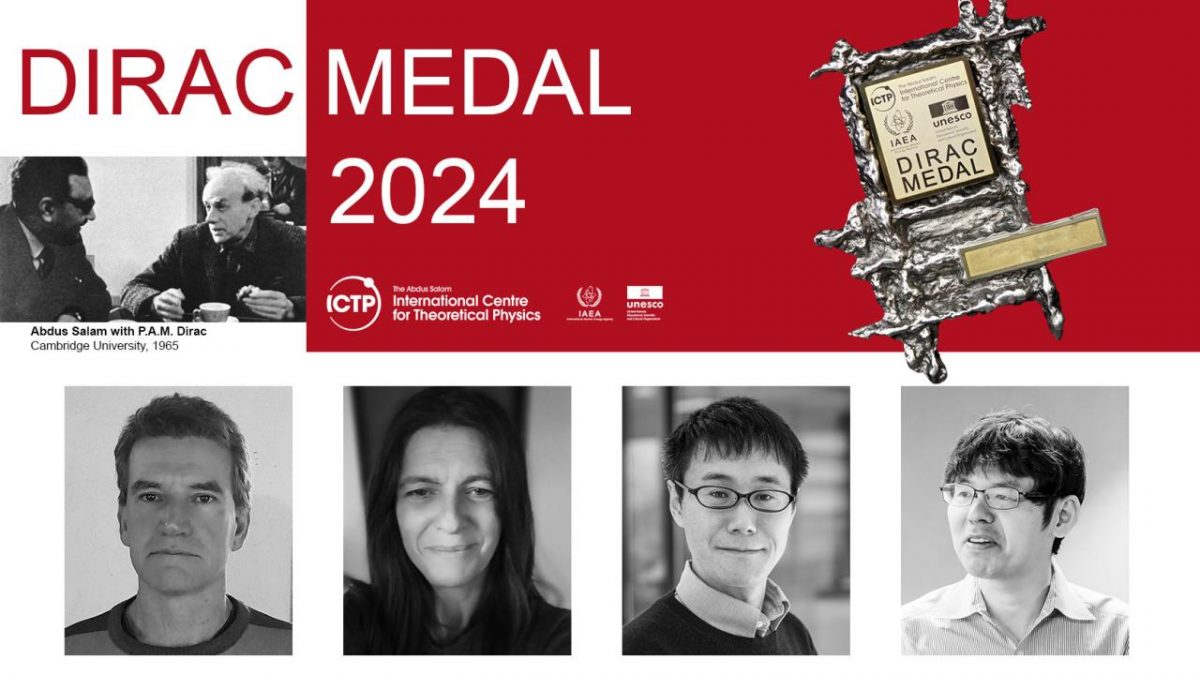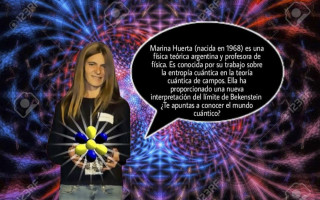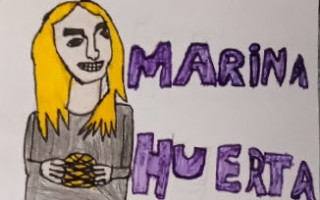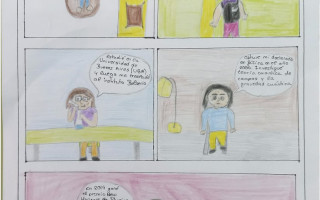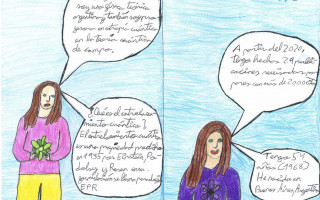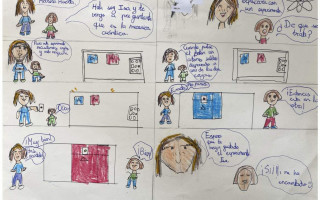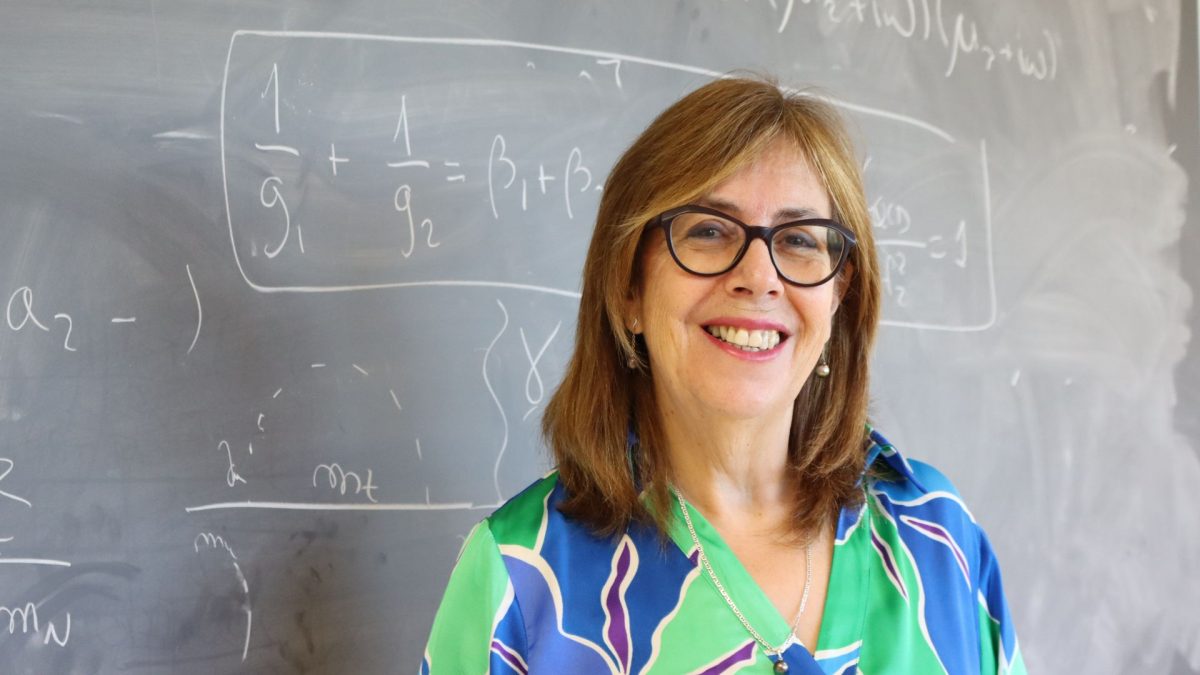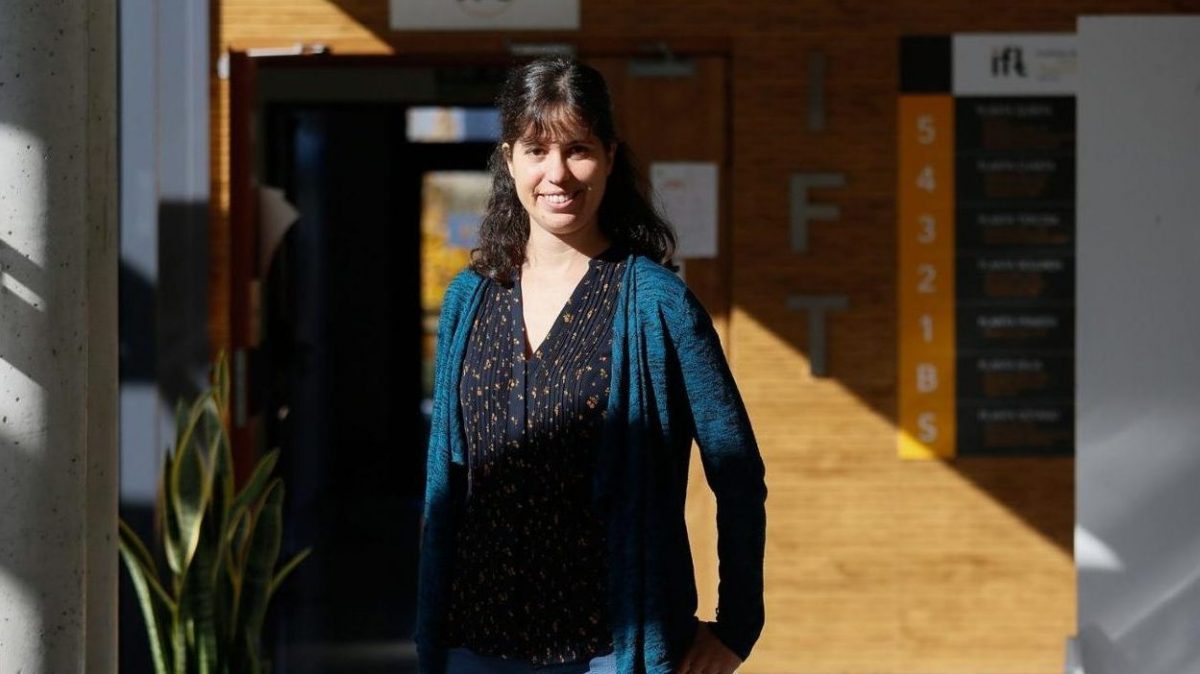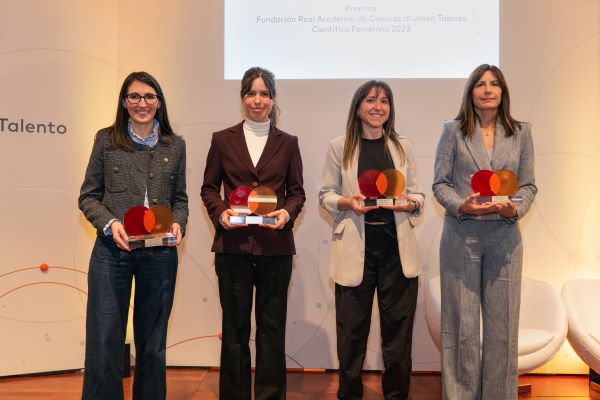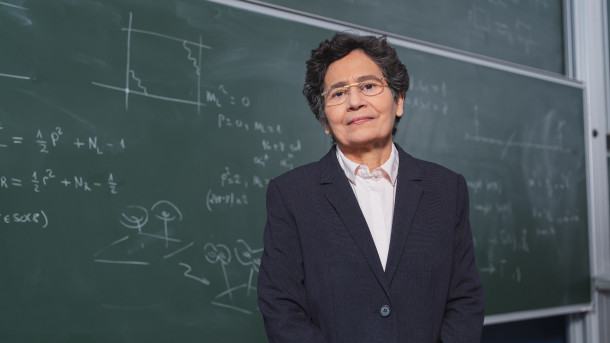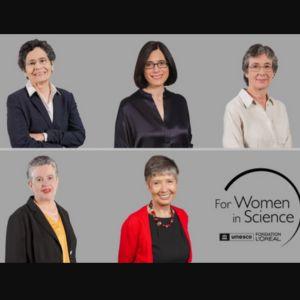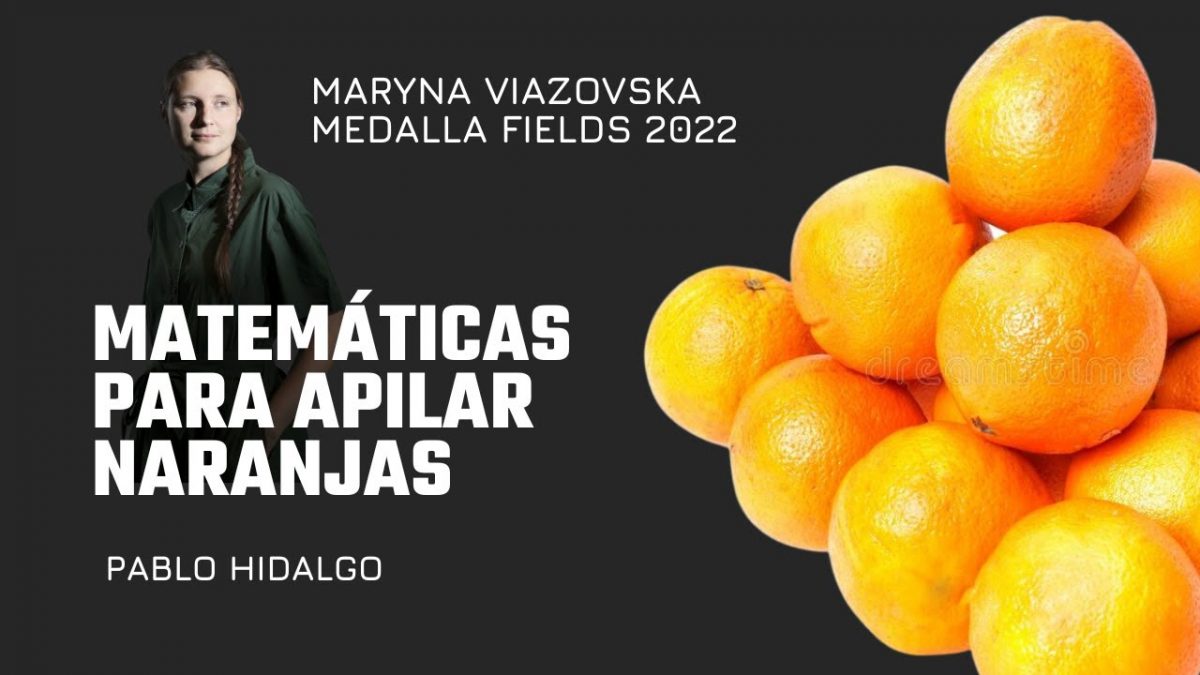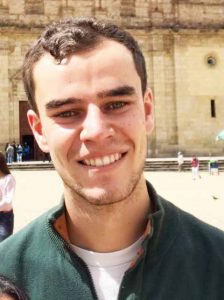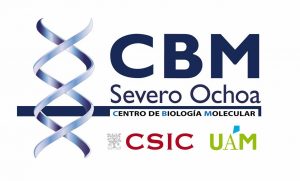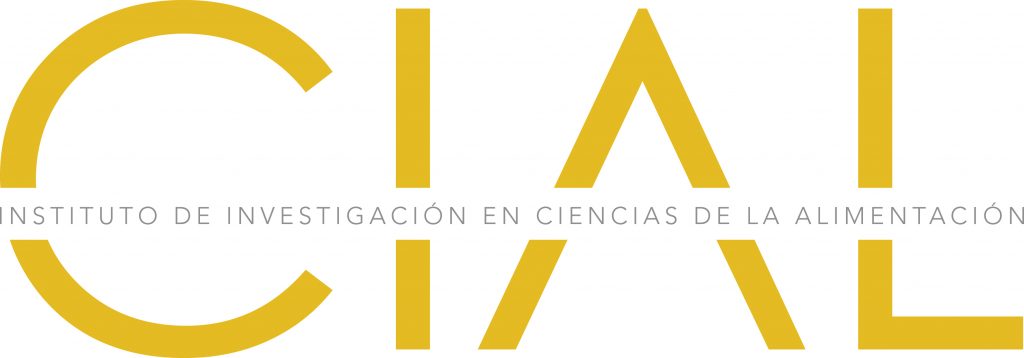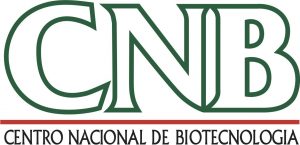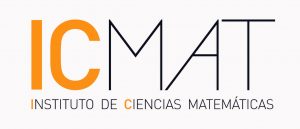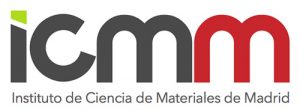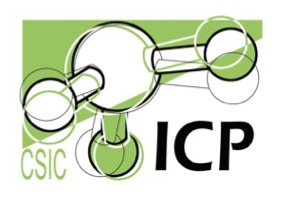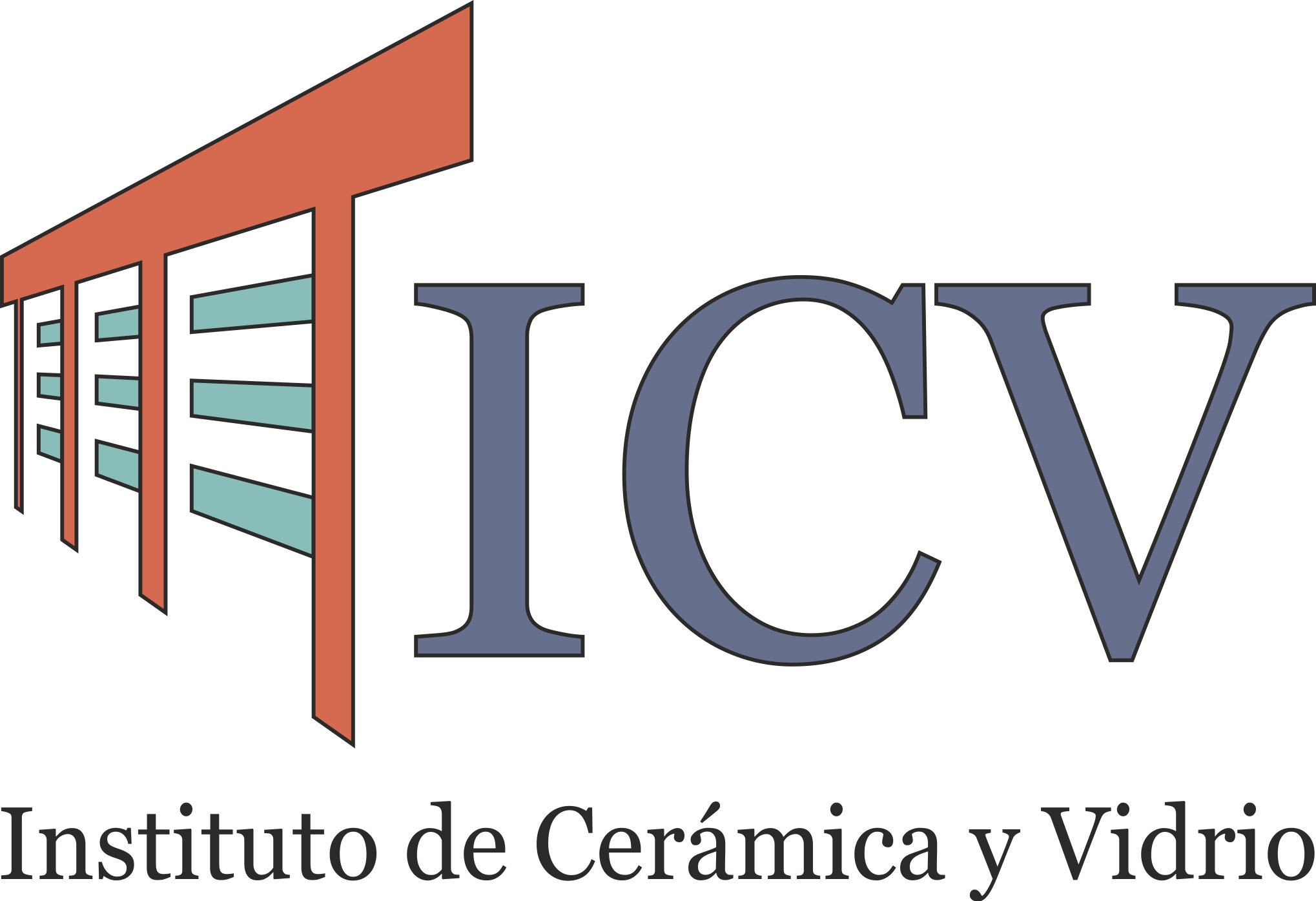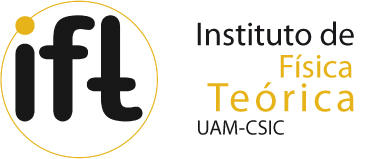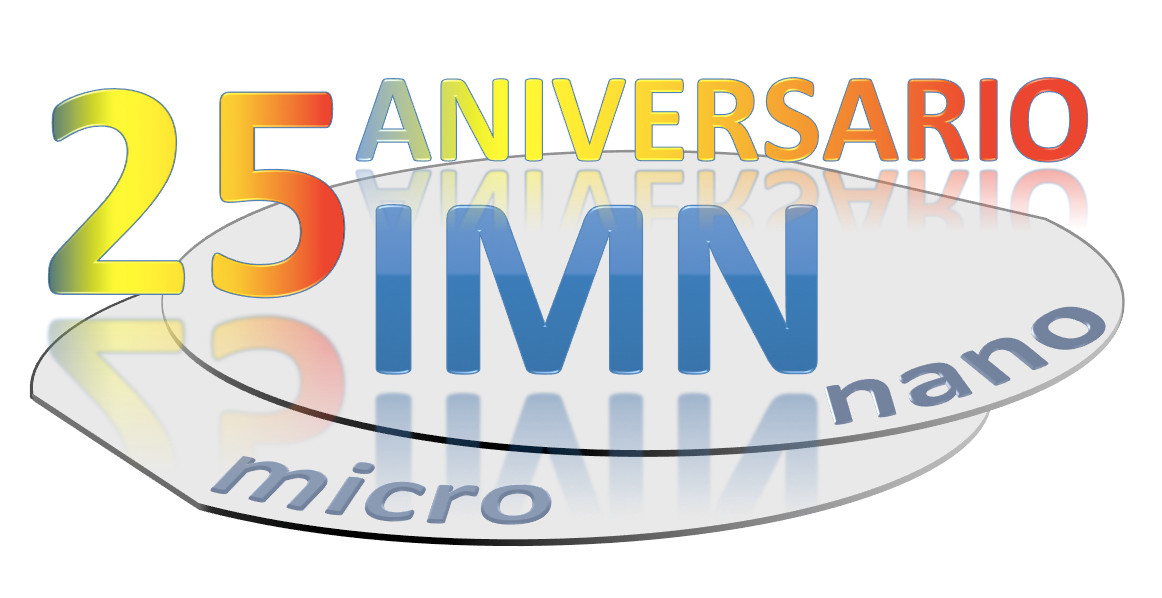Sachiko Kuroyanagi, científica titular en el Instituto de Física Teórica IFT UAM-CSIC, ha sido galardonada con una de las prestigiosas Becas Leonardo 2024 en la categoría de Física, otorgadas por la Fundación BBVA.
Su proyecto, titulado “Innovative Machine Learning Application for Gravitational Wave Data Analysis”, ha sido seleccionado entre más de 260 propuestas en el área de Física y Química, en una convocatoria extraordinariamente competitiva con una tasa de éxito del 4%. Este reconocimiento subraya el carácter innovador y el potencial transformador de su investigación, centrada en aplicar técnicas avanzadas de aprendizaje automático al análisis de datos de ondas gravitacionales.
Con esta beca, Sachiko Kuroyanagi se incorpora a la Red Leonardo, una comunidad de excelencia compuesta por 682 investigadores y creadores de diversas disciplinas.
“Este logro no habría sido posible sin el entorno estimulante y de apoyo que ofrece el instituto.”
— Sachiko Kuroyanagi
Desde el IFT, celebramos este logro y felicitamos a nuestra compañera por este merecido reconocimiento.
